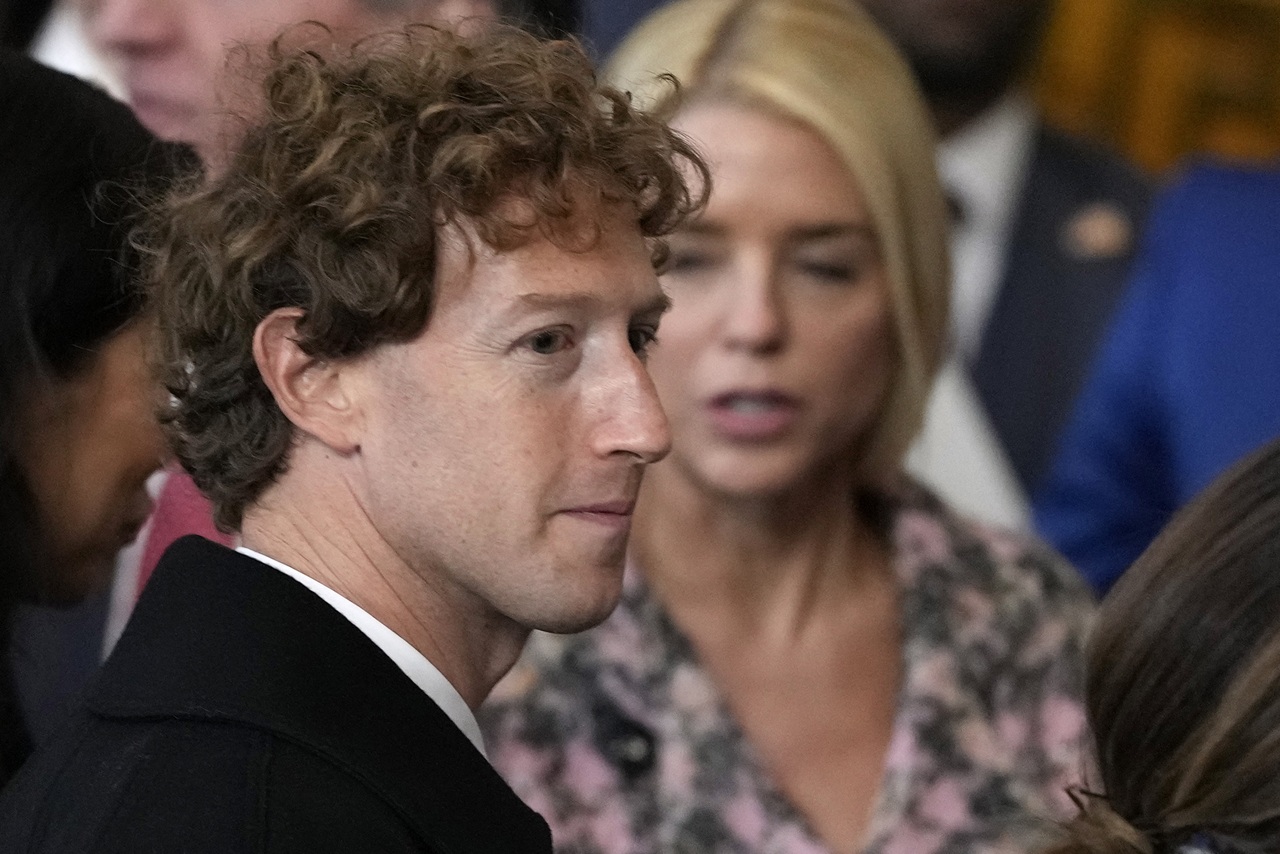
Who's afraid of Generation Z? Here's why some companies are not hiring young people
One in six companies have laid off young people in the last year, due to lack of professionalism and other problems related to being Generation Z.
Something is happening with Generation Z, those young people born between the end of the last century and the first decade of the 2000s who are gradually taking over the workplace.
This is shown by a survey conducted last August by Intelligent.com among at least 966 business leaders involved in recruitment processes.
The study shows worrying figures: at least 60% of the companies surveyed dismissed a recent graduate who had been hired in the last year.
In addition, 1 in 6 said they were hesitant to consider hiring someone in this age cohort.
"Hiring managers say recent college grads are unprepared for the workforce, can’t handle the workload, and are unprofessional," the research reveals, according to the statement issued by Intelligent.com.
Among the traits that stand out for companies to have made these decisions are the lack of motivation or initiative (50%), poor communication skills (39%), and lack of professionalism (46%). In addition, there are problems with feedback (38%) and inadequate problem-solving skills (34%).
In general, there is a gap between the way other generations take on work and obligations and the way Gen Z does it.
RELATED CONTENT
For example, there has been a recent debate about the decision of some major technology companies such as Amazon to order all their workers back to the office as a measure to manage organizational culture.
For experts, this opens an important gap between those who manage companies and the workforce, which is increasingly made up of young people with great technical skills, as they are digital natives.
The company that conducted the study issued a statement on its website about the results. Huy Nguyen, Intelligent.com's Chief Education and Career Development Advisor, is quoted there as saying, "Many recent college graduates may struggle with entering the workforce for the first time as it can be a huge contrast from what they are used to throughout their education journey. They are often unprepared for a less structured environment, workplace cultural dynamics, and the expectation of autonomous work. Although they may have some theoretical knowledge from college, they often lack the practical, real-world experience and soft skills required to succeed in the work environment. These factors, combined with the expectations of seasoned workers, can create challenges for both recent grads and the companies they work for."
There is a generational clash in the way work is assumed. This imposes many challenges, considering that a study by the firm Robert Walters concluded that within this generation very few want to be bosses or climb in a corporate structure.
How will this gap be bridged? Can the new generations think of other forms of work organization that meet their expectations? Will these organizational structures be effective in achieving the proposed business objectives? The questions remain open.











LEAVE A COMMENT: